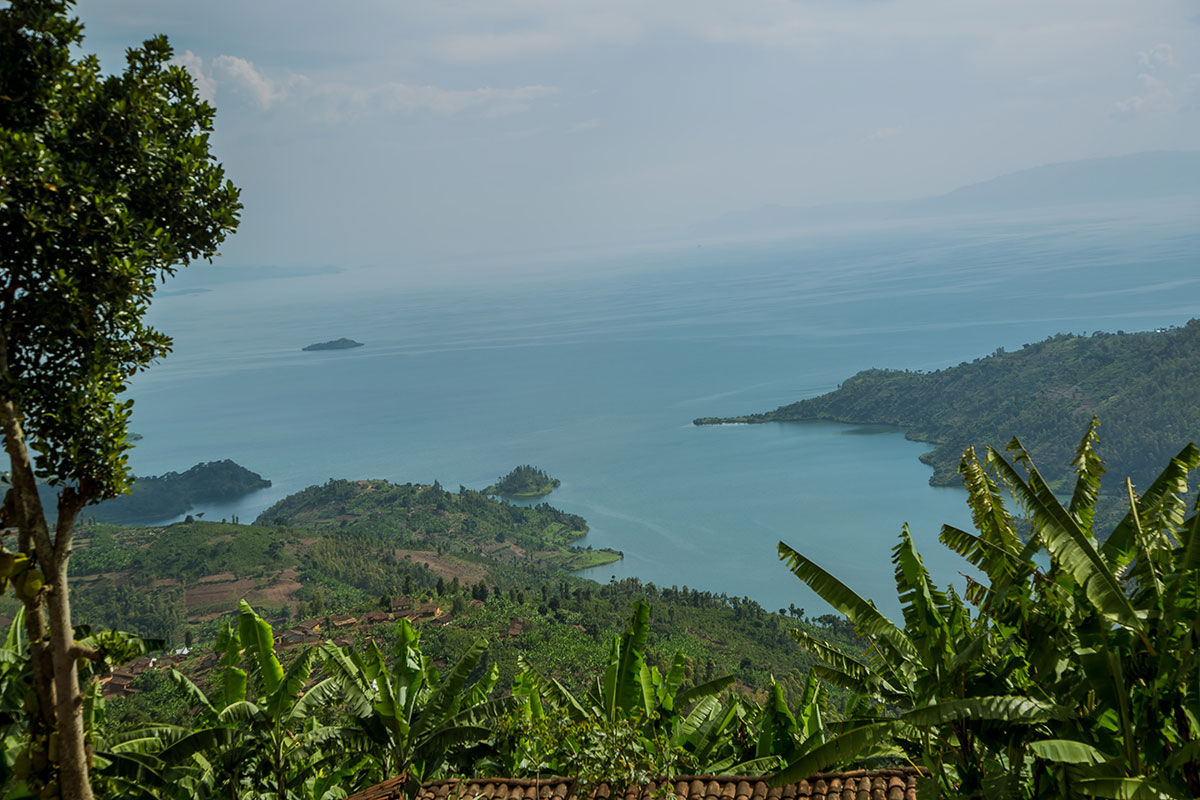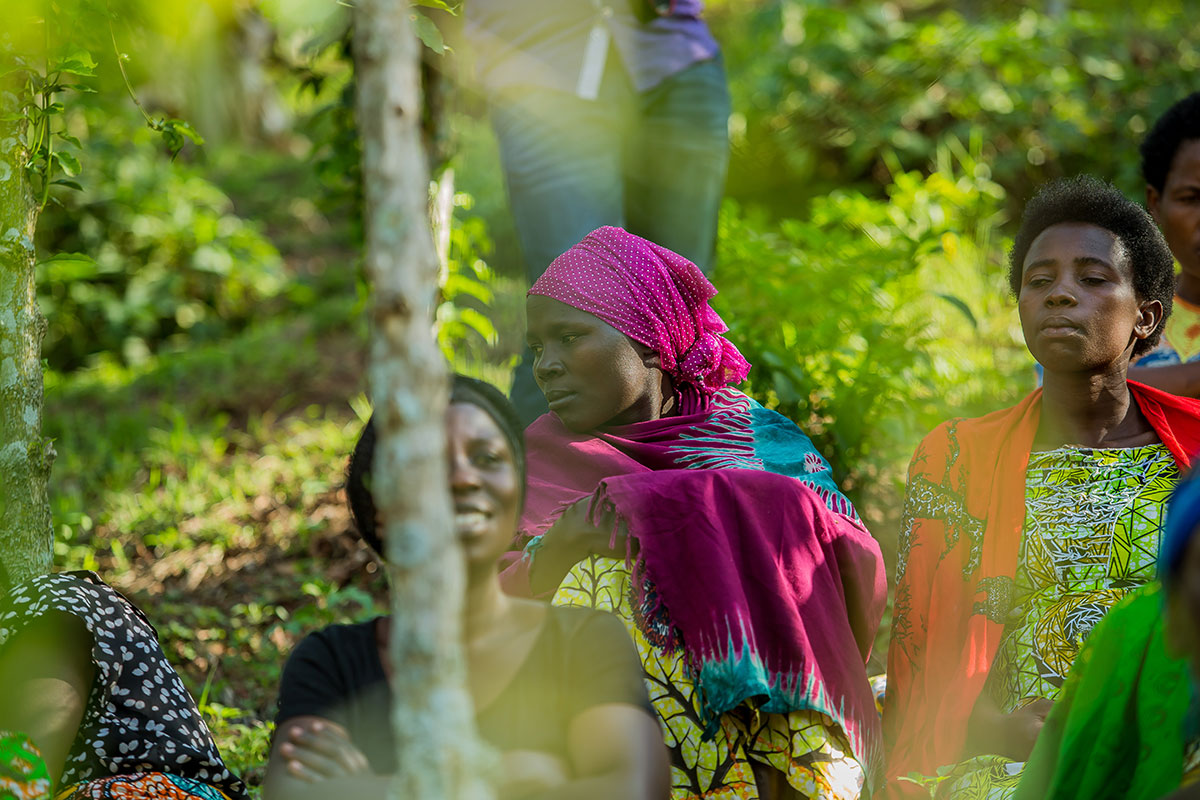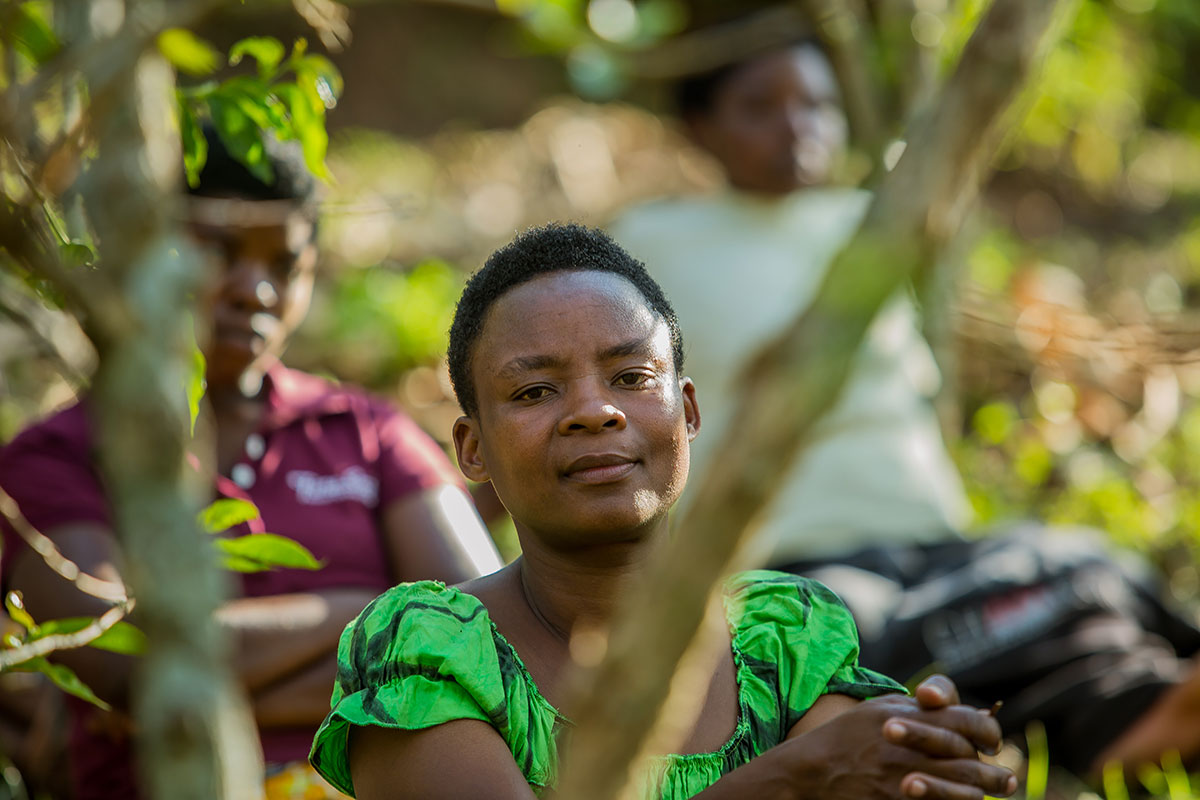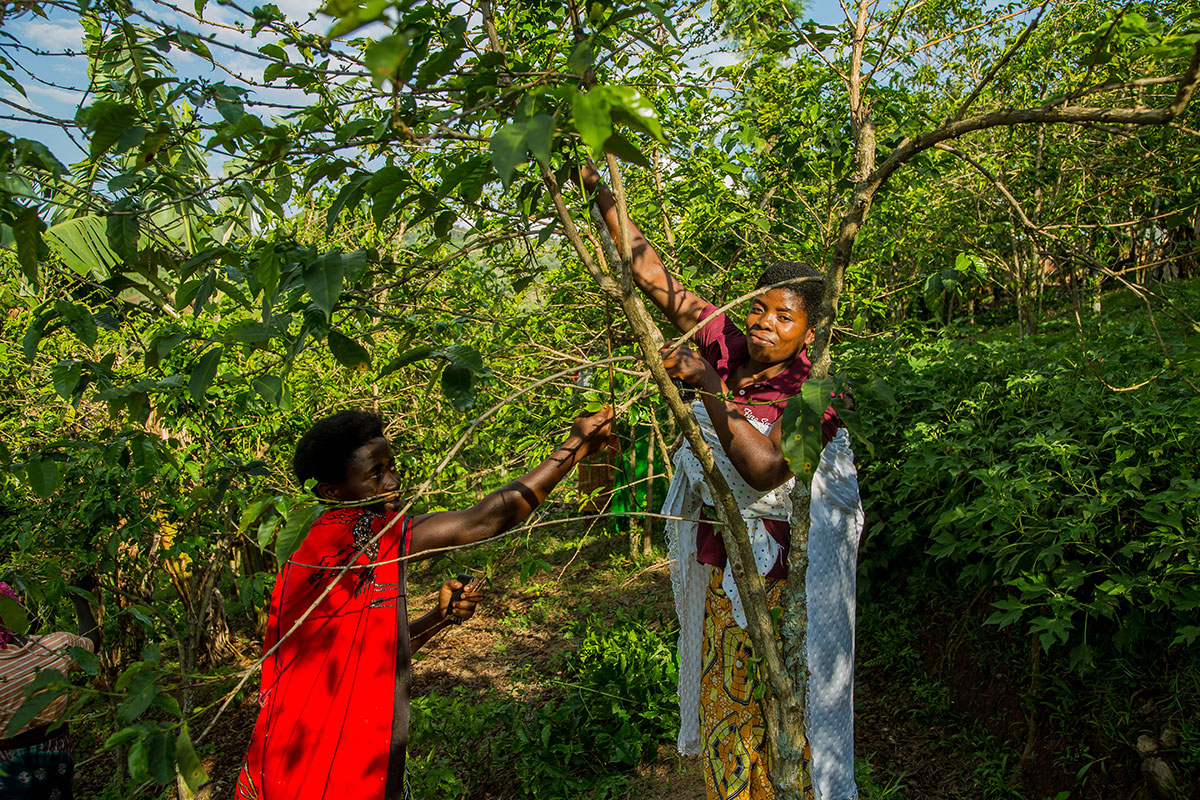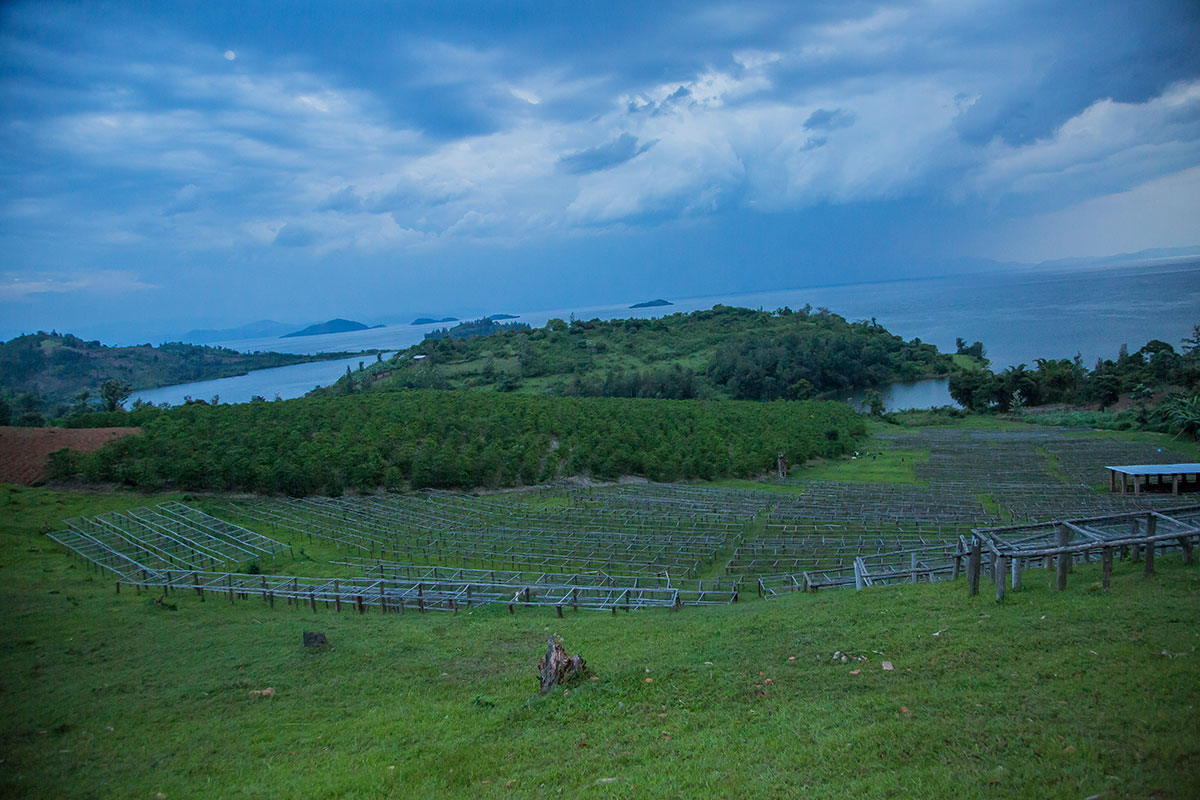GENEVA, SWITZERLAND, October 1, 2018 – Today we not only celebrate International Coffee Day, but also the changing role of women in the coffee value chain – a theme chosen by the International Coffee Organization (ICO) to mark this occasion across the world.
Aware of the difference that women can make within the coffee industry and recognizing the importance of gender equity in coffee farming, Sucafina along with its partner Nestlé Zoégas would like to share on this occasion the hopeful and inspiring story of the brave women of Duhaguruke Dukore cooperative.
Duhaguruke Dukore translates into English as “let’s stand up and work.” The cooperative was created by women who were not satisfied with being stay-at-home mothers with limited influence on household decisions. It comprises 38 members – 33 women and 5 men, and was established in 2007 with a monthly contribution of 100 francs per grower (which was equivalent at the time to 0.15$ per month.) Since then, they bought a plot of land where they planted 800 shared coffee trees.
In 2010, Rwacof – Sucafina’s subsidiary in Rwanda – purchased a coffee washing station, located near the cooperative, and started buying their coffee cherries.
The challenge was then to find roaster clients who were willing to become long-term partners and the key third segment of our supply chain. This is where Nestlé Zoégas has played a crucial role since 2016. Not only has Nestlé provided a market, but they were also the force behind the “Creating Shared Value (CSV)” program rolled out jointly with Rwacof/Sucafina.
The project not only helped provide a market to around 10.000 growers and their families, but also aimed at integrating women and youth in the coffee value chain, trained growers on good agricultural practices, procured and provided access to agricultural input and equipment, and improved nutrition through education and kitchen gardens.
“When we started in coffee, Rwacof was there to teach us how to take care of our coffee trees and after harvesting, we would always deliver to Rwacof. Since 2016, Nestlé and Rwacof have given us training and farming equipment, for instance, pruning saws, secateurs, and pesticide pumps,” said Jeanne Muhayimana, a 33-year-old mother of four children and an advisor at the cooperative.
The CSV program has focused on five washing stations which supply coffee to Nestlé, covering 5.053 growers.
“The cooperative made us wiser, we no longer beg for things from our husbands. We now work as a team to send our children to school. I can buy a pen for my child without needing to ask my husband. The cooperative has empowered me. I no longer ask my husband to buy me a kitenge (dress material), as I can now buy it myself. All thanks to the cooperative and Rwacof that support us,” said Godelive Nyinawingenzi, a member of the cooperative and a mother of 6 children.
This year's theme is another reminder of the importance of strengthening women’s participation at all levels of the coffee supply chain. We believe that granting women leadership roles in coffee growing will empower them and make them more independent.
To know more about the stories of some of these courageous women and that of many more other farmers who depend on coffee to survive:
CLICK HERE